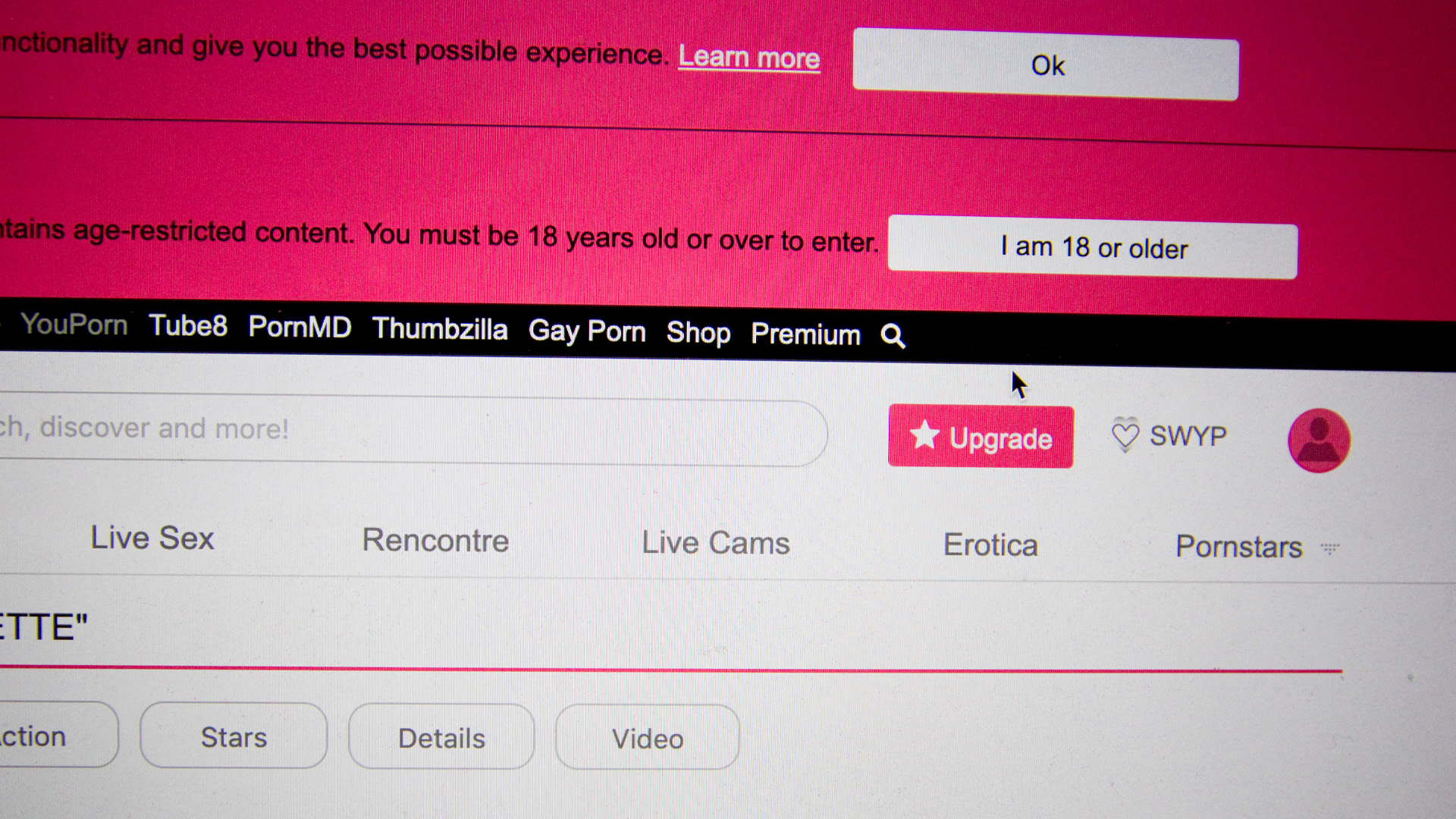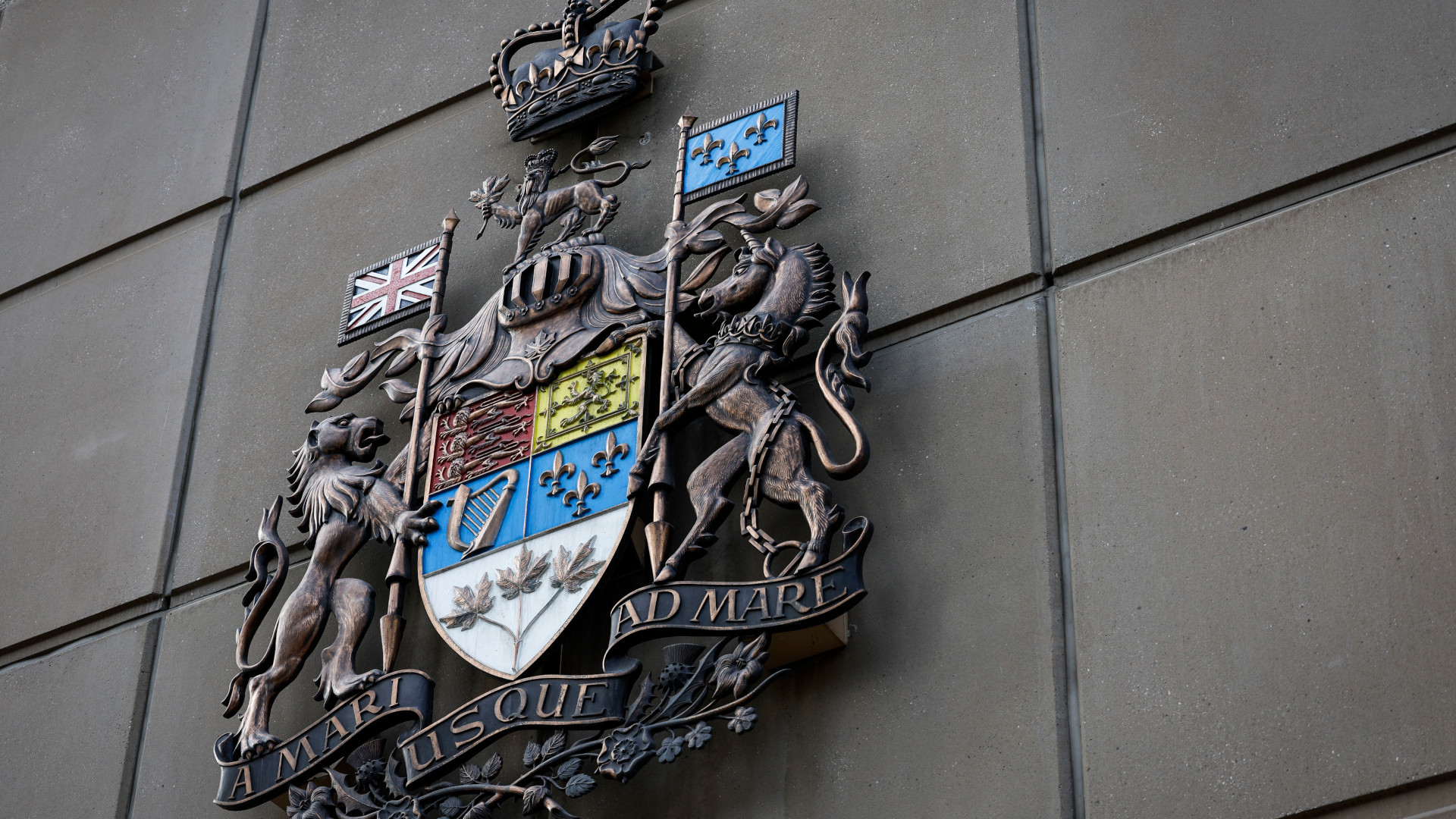
(Version française disponible ici)
A bill making its way through Parliament would force operators of pornographic sites to ensure that Canadians browsing their platforms are adults. This is one of the major objectives of Bill S-210, drafted and passed by the Senate and now to be examined in committee by federal MPs.
Should the bill make the final steps to become law, those in charge of implementing Bill S-210 would have to ensure that the objectives aren’t just wishful thinking. Here’s an analysis of a bill that still has many shades of grey.
It starts early
A 2022 study carried out in Canada shows that the first exposure to pornography among young people occurs when they are on average 12 years old, a figure that has remained stable over the past few years. Boys consume pornography several times a week, while girls do so less frequently.
Another French study revealed last spring that 2.3 million teenagers in France consume pornography every month, an increase of 36 per cent in five years. The same study estimated that 12 per cent of visitors to pornographic sites were minors.
The Canadian bill, introduced and passed in the Senate, argues that the consumption of pornography by young people – whose development is not yet complete – alters their perception of healthy romantic relationships. It also reinforces sexual stereotypes and encourages violent sexual behavior, in addition to stimulating the areas of the brain responsible for addiction, in the same way as alcoholism, gambling addiction or drug dependency. Some researchers and the senator who introduced the bill, Julie Miville-Dechêne, consider the consumption of pornography by minors to be a public health problem.
Many sites wash their hands of the presence of minors on their platform by simply asking visitors if they are 18 or over, without any further verification. This affirmation does little to dissuade minors from consuming pornography.
The bill would establish that the belief a user was an adult no longer constitutes a valid defense unless the owner of the pornographic site demonstrates that they have put in place sufficient means to ascertain the true age of visitors. The bill also stipulates that these measures must respect the privacy and protection of personal information of visitors to pornographic sites.
Fines are provided for to encourage operators of pornographic sites to be more diligent in their checks. At first glance, a maximum fine of $250,000 for a first offence, doubled for subsequent offences, may seem steep. When you consider that Montreal-based conglomerate MindGeek – PornHub’s parent company – reportedly generated some $800 million in revenues in 2016, these sums seem a little less dissuasive for an industry worth billions.
A difficult law to enforce
The goodwill behind the law is clear. But would it prevent young people from viewing online pornography? Although the law requires age verification mechanisms to be put in place, no specific means are proposed or imposed. For the time being, it’s up to operators to determine the solution that suits them best.
It’s doubtful, however, that only adults will continue to view sexually explicit content. At best, the new measures will discourage some young people from having a look; many more will use their ingenuity to circumvent the verification mechanisms.
As mentioned earlier, simply asking whether the visitor is over 18 or entering his or her date of birth is insufficient to ensure that the site’s user is really of legal age.
Asking for a credit card number to access the site, even if no financial transaction is carried out to access the content, could lead to abuses such as children using their parents’ cards without permission or the hacking of banking information.
Some have proposed biometric verification to ensure the age of visitors, a technology already used by PornHub to ensure that its contributors are of age. A more technically challenging option which also raises questions about the privacy of legitimate users of porn sites, who usually don’t want to be recognized or identified. Remember the AshleyMadison data breach? Furthermore, how can we ensure that the biometric data of minors is not retained or used by a third party once it is no longer required?
The law stipulates that the government, or rather its agent, will have the task of ensuring that the chosen mechanism is reliable and respects the privacy of Internet users before it is implemented.
Finally, countless pornographic sites are not based in Canada. Will a tool be needed to detect the origin of each visitor? It has already been suggested that Internet service providers should be involved. The authors of the bill plan to force the blocking of recalcitrant sites by means of a Federal Court order.
All these hurdles highlight the main pitfall of the bill, which is how difficult it would be to apply.
Elsewhere in the world
Canada is not the first country to legislate against the consumption of pornography by minors. And where legislators have attempted to act, they have also encountered obstacles.
In the UK, a law was passed in 2019, then shelved. The idea was revived this year with a new law, which envisages asking for a scanned identity document or verifying the user’s age with their internet or mobile provider. The law applies only to pornographic sites, and not to platforms where users can upload content, such as OnlyFans.
In Texas, a law forcing age validation on porn users was struck down last September by a federal judge, on the grounds that it led to violations of freedom of expression and privacy.
The same type of law was also the subject of a legal challenge in France this summer. The vagueness surrounding the way age verification is carried out and the inherent risks to users’ privacy were once again pleaded to suspend the application of the law.
These examples foreshadow a legal challenge to the new law on Canadian soil, which could delay or even compromise its implementation. Combined with a long list of practical questions about application, Canada remains a long way from solving the problem of how to keep children away from internet pornography.









